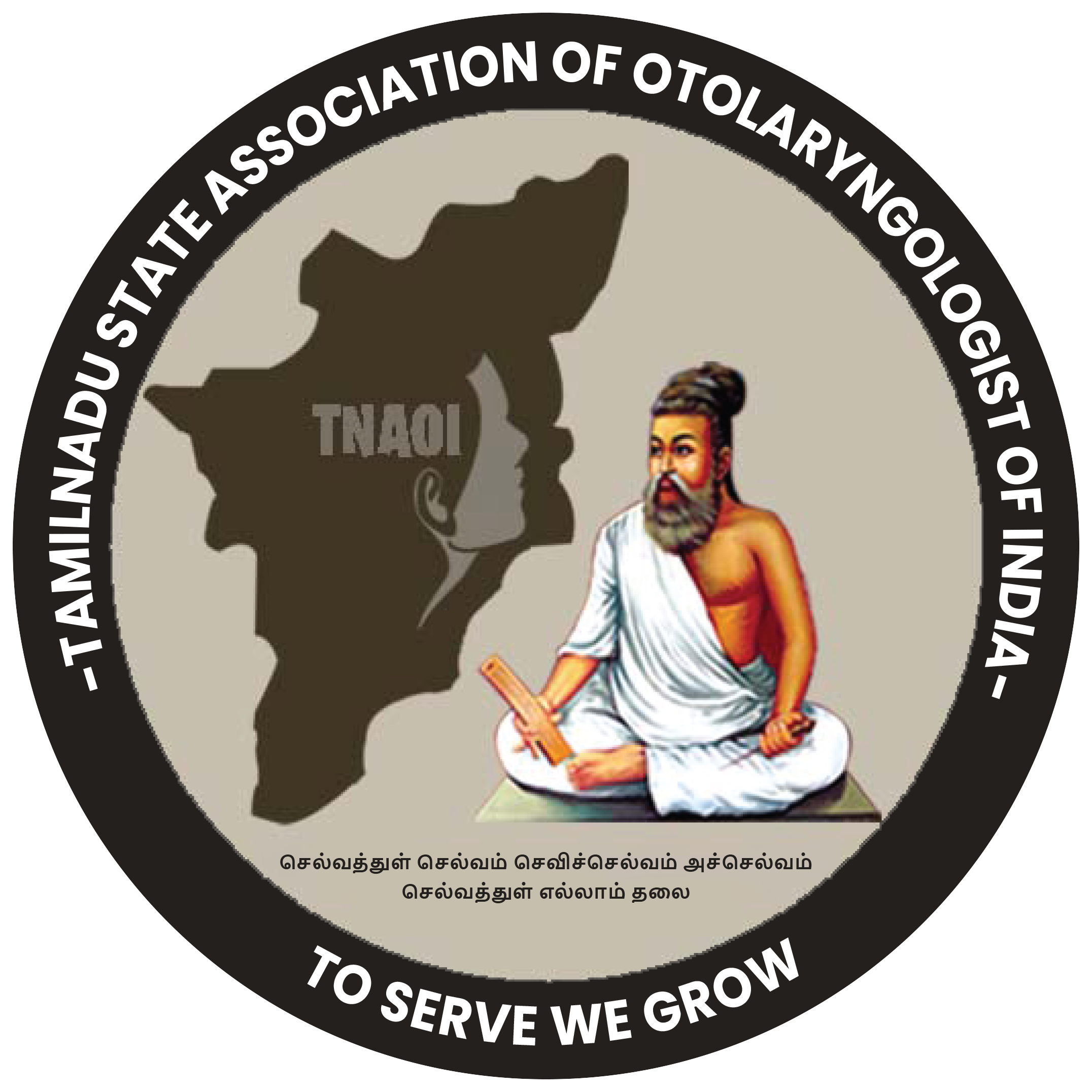Endoscopic endonasal trans-cribriform approach for drainage of frontal lobe abscess in invasive mucormycosis – A case report
DOI:
https://doi.org/10.54646/TNAOI.2024.03Keywords:
mucormycosis, trans-cribriform approach, endoscopic endonasal approach, Amphotericin B, pneumatoceleAbstract
Introduction: Mucormycosis is a belligerent fungal infection that can cause fatal complications. Patients at risk are those with poorly controlled diabetes mellitus, and similar immunosuppressed states. Tissue invasion and infarction secondary to angioinvasion are the pathognomonic features of the disease. The management of brain abscesses has become increasingly complicated requiring close collaboration between various departments encompassing infectious disease specialists, neurologists, radiologists and neurosurgeons. ENT surgeons are seldom involved in the management of brain abscesses, but with the advancements in Endoscopic Sinus Surgery techniques, ENT surgeons are now treating the skull base, meningeal and brain pathologies.
Methods: A case report of a 36-year-old male with complaints of headache, left-sided facial pain, difficulty in opening left eye for 10 days, with a history of one episode of generalized seizure that lasted for 4 min, recently detected type 2 diabetic mellitus. Local examination revealed left-sided nasal crusting and an old palatal defect. KOH mount was positive for mucorales. CT scan PNS revealed left-sided maxillary, ethmoidal, sphenoidal frontal sinusitis with erosion of left lamina papyracea, left extraconal and intraconal involvement with erosion of left cribriform plate. MRI brain revealed additional hyperdensities in both medial frontal, and parietal lobe with diffusion restriction. The patient underwent left-sided endoscopic sinus surgery with endoscopic endo- nasal transcribriform drainage of frontal lobe abscess, with retro bulbar Amphotericin B injection, with a neurosurgical team on standby in the event of unexpected complications. The eschar and pus drained from the frontal lobe abscess was sent for histopathological examination, culture and sensitivity. The patient was extubated, and the postoperative period was uneventful.
Results: The follow-up post-operative CT brain revealed a pneumatocele and minimal residual lesion which was managed medically with Inj. Liposomal Amphotericin B, IV antibiotics, glycemic control, phenytoin. On the 20th post-operative day, the patient started to talk, while on the 28th post-operative day, the patient was able to walk without any support. He is on regular follow up ENT and Neurology departments and has no deficits or residual complaints.
Discussion: This was the first case of frontal lobe abscess drainage done successfully through an endoscopic endo-nasal approach in our institution. In our case open neurosurgical approach was avoided because of the poor general condition of the patient, moreover, it may lead to abscess rupture and fulminant meningitis. The minimally invasive technique of endoscopic endo-nasal trans-cribriform approach was done as the infection tract extended from the nose into the frontal lobe. The defect in the cribriform plate was identified and the frontal abscess drained per nasally. Multiple sittings of aggressive surgical debridement often involving orbital exenteration and concurrent medical management with antifungal agents like Amphotericin B remains the mainstay.


 | Publication Ethics
| Publication Ethics | Editorial Workflow
| Editorial Workflow | Article Processing Charges
| Article Processing Charges | Allegations of Misconduct
| Allegations of Misconduct | Appeals
| Appeals | Author Guidelines
| Author Guidelines | Editor Guidelines
| Editor Guidelines | Reviewer Guidelines
| Reviewer Guidelines | Peer Review Policy
| Peer Review Policy | Open Access Policy
| Open Access Policy | Plagiarism Policy
| Plagiarism Policy | Copyright
| Copyright | Privacy Policy
| Privacy Policy | Editorial Guidelines
| Editorial Guidelines | Archiving
| Archiving | Revenue Sources
| Revenue Sources